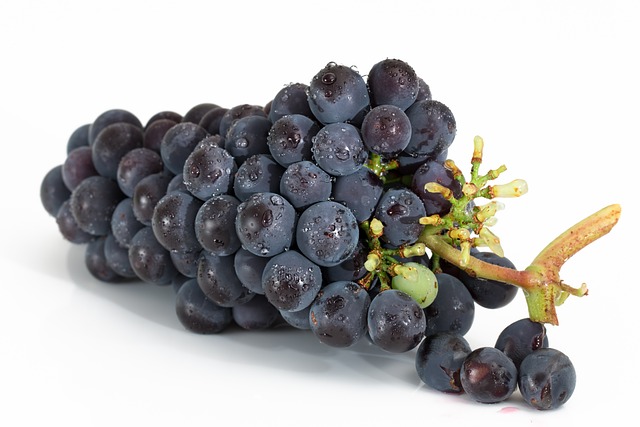Introduction to Probiotics
Probiotics are live microorganisms that provide numerous health benefits when consumed in adequate amounts. They are often referred to as “good” bacteria as they maintain a healthy balance of microflora in the gut, which in turn helps boost the immune system and improve digestion.
While probiotics can be taken in supplement form, there are also many natural sources of these “good” bacteria that you can add to your diet. In this blog post, we will be exploring seven probiotic-rich foods that can improve gut health and overall wellbeing.
1. Yogurt
Yogurt is a well-known source of probiotics and contains live cultures such as Lactobacillus and Bifidobacterium. These cultures work to maintain the delicate balance of bacteria in the gut, which in turn can improve digestion and boost the immune system.
When selecting yogurt, it’s essential to look for varieties that contain live cultures and avoid those with added sugars or artificial flavors. Greek yogurt is also a good choice as it has a higher protein content than regular yogurt.
2. Kefir
Kefir is a fermented milk drink that is similar to yogurt but has a thinner consistency. It contains a combination of bacteria and yeast and is an excellent source of probiotics.
Some studies have shown that kefir can improve lactose digestion and even reduce inflammation in the gut. It can be enjoyed on its own or added to smoothies for a probiotic-rich boost.
3. Kimchi
Kimchi is a spicy Korean dish made from fermented vegetables such as cabbage or radishes. It is high in probiotics and is a good source of vitamins A, B, and C.
One of the unique strains of bacteria found in kimchi, Lactobacillus sakei, has been shown to help fight off harmful bacteria in the gut and improve immune function.
4. Sauerkraut
Sauerkraut is a traditional German dish made from fermented cabbage. It contains a high concentration of probiotics and is also rich in fiber, vitamins, and minerals.
The beneficial bacteria in sauerkraut work to support digestive health, and some studies have even shown that it may help reduce inflammation in the gut.
5. Miso
Miso is a Japanese seasoning made from fermented soybeans. It is also a good source of probiotics and is rich in antioxidants and anti-inflammatory compounds.
Miso can be added to soups or used as a seasoning for roasted vegetables or proteins. It is important to note that miso is high in sodium, so it should be enjoyed in moderation.
6. Tempeh
Tempeh is a protein-rich food made from fermented soybeans. It is a good source of probiotics and is particularly high in vitamin B12.
Some studies have shown that incorporating tempeh into the diet can improve gut health, reduce inflammation, and even lower cholesterol levels.
7. Kombucha
Kombucha is a fermented tea that is becoming increasingly popular in health circles. It is made from sweetened tea and a symbiotic culture of bacteria and yeast, which creates a fizzy and tangy drink.
Kombucha is an excellent source of probiotics and is also high in antioxidants. It has been shown to support immune function and improve gut health in some studies.
Conclusion
Probiotics are essential for maintaining a healthy gut and overall wellbeing. By incorporating these seven probiotic-rich foods into your diet, you can help support your digestive system and boost your immune function.
Remember to look for natural sources of probiotics and avoid heavily processed or sugary foods that can do more harm than good to your gut.







